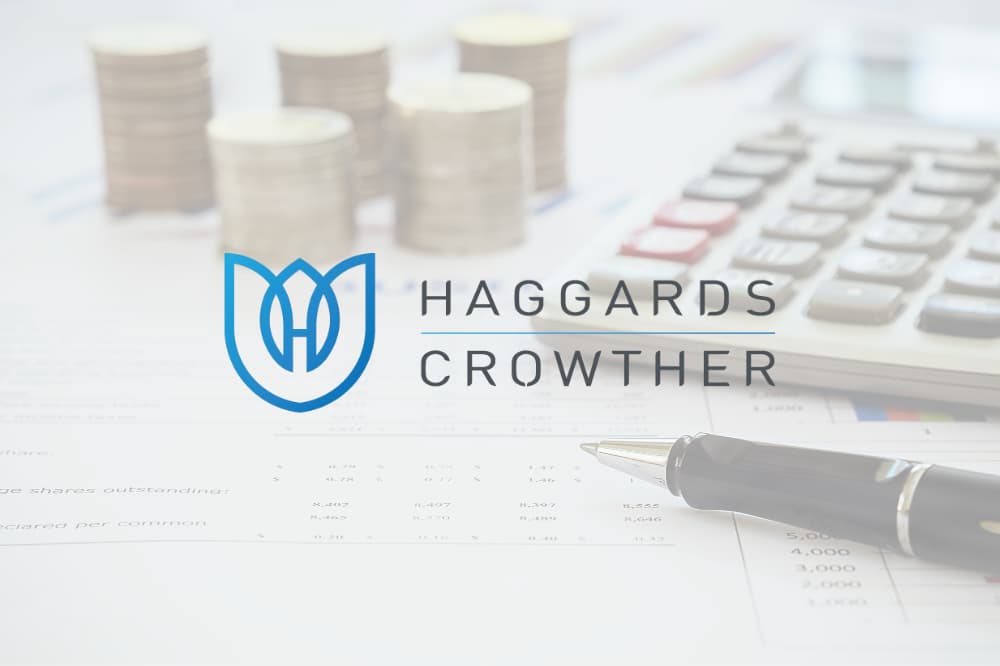
Making the Most of Pension Contributions and Tax Relief
2nd October, 2025
Saving for retirement is one of the most effective ways to prepare for the future, and the government provides an added incentive by giving tax relief on pension contributions.
In most cases, this relief is applied automatically, but there are circumstances where you may need to claim it yourself. This month, we take a closer look at how the system works and the opportunities it may create for you.
How Pension Tax Relief Works
There are two main ways tax relief is given:
1) Workplace pension (net pay arrangements):
Your employer deducts contributions from your pay before income tax is calculated. This means you do not pay tax on the contribution, so you receive relief at your highest tax rate.
2) Relief at source schemes:
Your pension provider claims basic rate relief at 20% from HMRC and adds it to your pension pot. If you pay tax at higher or additional rates, you may be able to claim extra relief through your tax return.
Who qualifies?
If you are a resident in the UK or have taxable UK earnings in the tax year, and you are under 75, you can usually receive tax relief on your contributions.
Even if you have no earnings, you can still contribute up to £2,880 net (£3,600 gross) in each tax year and receive tax relief.
The amount of relief is capped at the lower of:
➡️ Up to 100% of your UK relevant earnings, or
➡️ the annual allowance set by the government.
For 2024/25, the standard annual allowance is £60,000.
Relevant earnings include wages, bonuses, commission, taxable benefits in kind, statutory sick or maternity pay, and trading income. Income from dividends, savings or most property lettings do not qualify, as these are treated as unearned income.
However, profits from running a business such as a bed and breakfast may count.
What do the numbers look like?
As a simple illustration, if you contribute £10,000 into your pension and you are a basic rate taxpayer, your pension pot will receive an extra £2,000 from the government. The overall effect is that you are investing £12,000 at a cost of £10,000. For higher and additional rate taxpayers, further relief may be claimed through self assessment.
If your income is over £200,000, the tapered annual allowance may apply. This reduces the allowance if your adjusted income exceeds £260,000, potentially bringing it down to as little as £10,000. However, you may be able to carry forward any unused allowance from the previous three tax years to increase contributions.
Extra relief for high earners
Basic rate taxpayers receive 20% tax relief on their pension contributions automatically. If you pay tax at 40% or 45%, you are entitled to more relief on top of this.
The extra 20% for higher-rate taxpayers and 25% for additional-rate taxpayers does not go directly into your pension, but it reduces the amount of income tax you pay.
You can usually claim this extra relief either through your self-assessment tax return or by asking HMRC to adjust your tax code.
When you may need to claim relief yourself
Although many contributions receive relief automatically, you may need to claim if:
- You are in a relief at source scheme and pay tax above the basic rate
- Your pension provider does not claim relief on your behalf
- Someone else, such as a family member, contributes to your pension
Contributions from limited companies
If you run a limited company, pension contributions can be made either personally or directly by the company.
Company contributions are usually tax-deductible, reducing the corporation tax bill, as long as they are wholly and exclusively for business purposes.
For directors, large contributions are often acceptable, provided they are reasonable compared with the company’s profits. Unlike personal contributions, they are not capped by your own earnings, which can make them a flexible way to extract value from the company.
Other allowances worth considering
Pensions are not the only way to reduce your tax bill. The Personal Savings Allowance lets basic rate taxpayers earn up to £1,000 of savings interest tax free each year. For higher rate taxpayers the allowance is £500, while additional rate taxpayers do not receive an allowance.
Dividends can also be tax efficient. Dividends received within ISAs are entirely tax free. Inside pensions, dividends are not taxed while the money remains invested, though withdrawals in retirement are taxed as pension income.
Outside these wrappers, you can receive up to £500 of dividends tax free in 2024/25. Above this, dividends are taxed at 8.75% for basic rate taxpayers, 33.75% for higher rate, and 39.35% for additional rate.
Final Thoughts
The rules around pensions and tax relief can seem complex, but with the right approach they offer powerful opportunities to save for retirement while reducing your tax bill.
If you are unsure which approach best suits your circumstances, it may be worth reviewing your position with a professional adviser to make sure you are making the most of the allowances available.

Andrew founded Haggards Crowther with his brother in 2004 and took over as Managing Partner in May 2023. He has always been closely involved in client work, in particular providing high level strategic tax and structuring advice, business advice and supporting the technical and compliance teams.
As Managing Partner, he has focussed on growing the business and ensuring the firm upholds its core values of Quality of Service, Innovation, Collaboration and Integrity. These remain central to all that we do both internally and in serving our clients.
A Fulham resident for over 30 years Andrew is closely connected with the local business community and supporting many of them on their journeys. He is especially linked with fellow start-up entrepreneurs advising them on their growth strategies and optimal structures.
A passionate Fulham FC supporter, along with his two sons, Andrew rarely misses a game. He plays and coaches volleyball, something he has done since university in Edinburgh, and which offsets another of his passions: exploring the vast and diverse range of food that London’s restaurants have to offer.
He has a keen interest in many conservation projects especially in protecting endangered species of birds and actively supports the Mabula Project in South Africa. This charity supports the Southern Ground Hornbill, a charismatic species of cultural and ecological importance threatened by loss of habitat through the encroaching development of the savannah.



